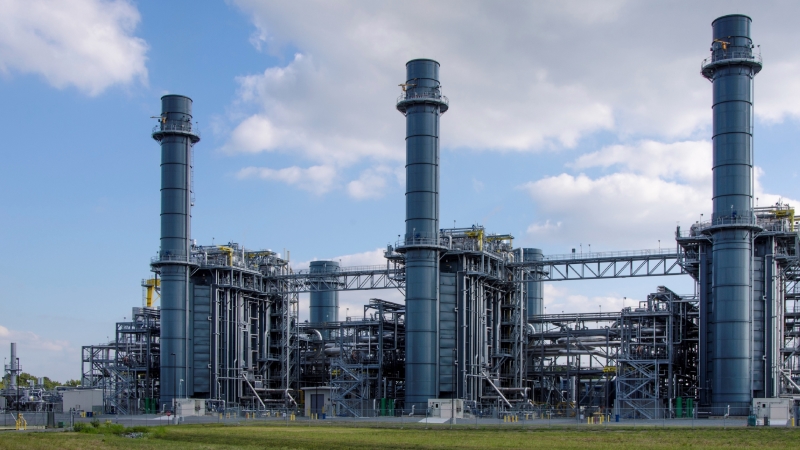Experiences of developing European gas trading hubs and their implications for China
August 25 2017

Making efforts to establish Chinese natural gas prices, China has built up two gas exchanges while opening its gas markets step by step. In view of this, this paper first studies and summarises the successful experiences of developing European gas trading hubs in the following aspects: 1. necessary conditions like market liberalization, competitive market, non-discriminatory third-party access to pipeline, regulations and reforms on the dominant market players, etc.; 2. natural conditions like domestic production, trade traditions, diversified supply, market surplus, etc.; and 3. some other factors like reforms in policies and regulations, regulation of markets, change of governance, etc. Also, this paper provides advice and references for the development of gas trading hubs in China.
Compared with Europe, China is now facing some favorable conditions (like multi-source supply, domestic production, demand increase) and unfavorable conditions (like low marketisation level, poor infrastructure, dominance of long-term contracts, vertically integrated operation, and strained supply). China should focus on promoting market liberalisation, unbundling gas businesses and promoting third-party access. In particular, China should take such measures like defining gas trading hubs, improving gas grid construction, integrating the spots and futures markets, and consolidating the foundation through trade creation, spots and futures markets, prices report agencies, and transition of long-term contract pricing mechanisms.
Read the article (in Chinese) online here.
Note: This article was published in Natural Gas Industry, Volume 37, Issue 8, 2017, 108-117.
Author: Dr Xunpeng Shi, Principal Research Fellow, Australia-China Relations Institute, University of Technology Sydney.
